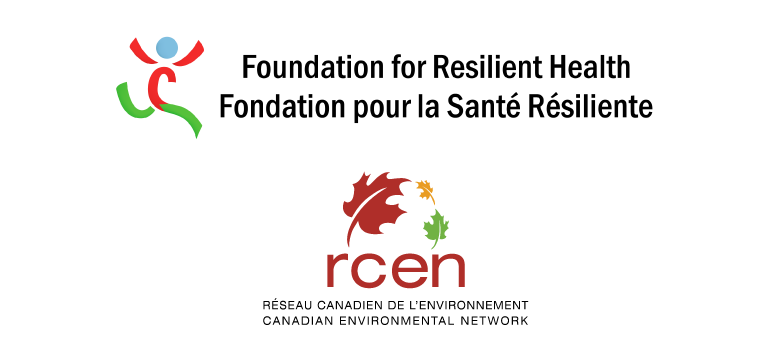
The Réseau Canadian Environmental Network Toxics Caucus
What We Do
The Toxics Caucus brings together RCEN Members to build partnerships between those seeking action on
chemicals management and the need to halt the pollution of Canada’s ecosystems and the associated risks
to human health. Caucuses provide a mechanism for member groups to communicate with each other on
specific issues; to prepare joint briefs, submissions and strategies; to establish consultative relationships
with other bodies; and to ensure that the voices of smaller groups are heard along with those of the larger
national and provincial groups. The Caucus explicitly recognizes the importance of respecting and
considering different belief systems and political views.
RCEN will implement their existing caucus structure within both our network and the Canadian Network
for Human Health and the Environment (CNHHE) membership to create a Toxics Caucus.
Toxics Caucus Mandate
The Toxics Caucus has a mandate to link local and global activities, public and private sectors, and
nonprofit actors in their work. In accordance with the Caucus’s mandate and Memorandum of
Understanding with the New Brunswick Lung Association and Health Canada, the goal is to support
Canadian Civil Society Organizations and disproportionately impacted populations to engage in
the Chemicals Management Plan (CMP) and environmental health initiatives.
The Caucus is an apolitical advocate based on a democratic majority among members, for actions that
improve environmental and human health. The Caucus represents its members, as a union of interested
parties, much as trade associations act in relation to the private sector.
The Caucus
The Caucus will consist of 1- 2 chairpersons, a steering committee, wider membership, and potential
working groups. The steering committee will serve to focus the efforts of the membership to identify key
subject matter areas on which to focus advice of the collective. The Caucus will identify key policies and
guidance, gaps in the policy and guidance, and implementation issues related to these key matters. As
necessary, it will form working groups to analyze and discuss each subject-matter area and develop
consensus observations and recommendations for reform
The Role of Steering Committee and Caucus Chair(s)
Caucus activities are overseen by Steering Committees composed of no more than 15 RCEN group members in any one caucus. Steering Committees’ representative base should include a minimum of four members from different regions in Canada. Steering Committee members serve a two-year work term that can be renewed indefinitely
Identify and Develop
- Elect a Chair or two Co-Chairs
- Oversee the development and implementation of caucus projects and programs
- Select delegates for consultations
- Identify, if not pursue, funding opportunities in conjunction with the caucus chair and coordinator
Caucus Steering Committee Chairs will:
- Develop agendas, convene and chair caucus meetings and conference calls
- Represent the caucus in discussions with other caucus chairs, the National Office, and other stakeholders
- Work with and provide guidance to their national caucus coordinator
- Give input to the hiring of any RCEN caucus staff under a negotiated contract related to the work of that caucus
Steering Committees typically meet at least once a month, at a date and time that suits the majority of its members.
What To Learn More ?
You can download the full description of the Caucus and its stated goals below
Get in Touch. Get Involved.
Interested in Joining the Toxics Caucus
